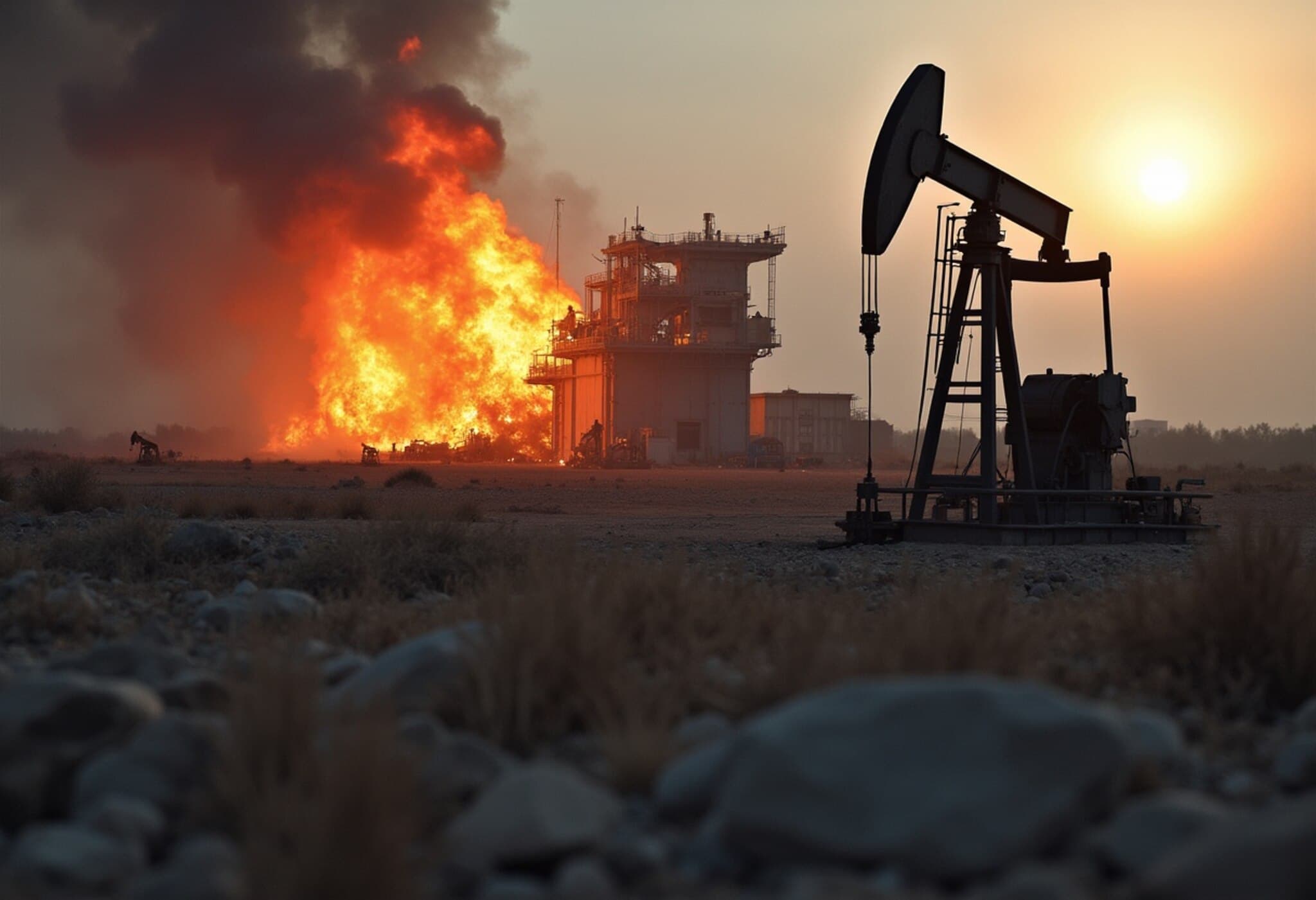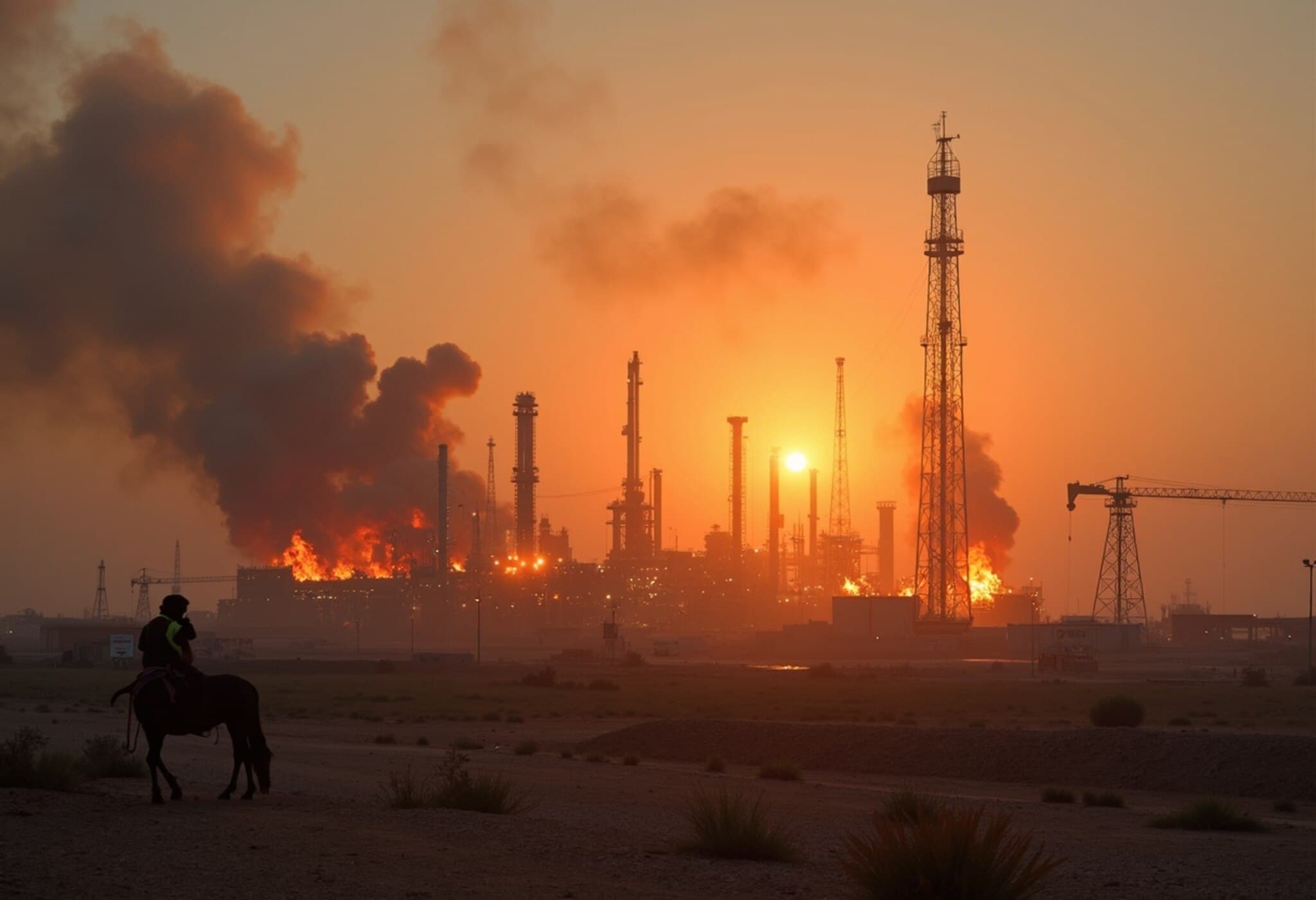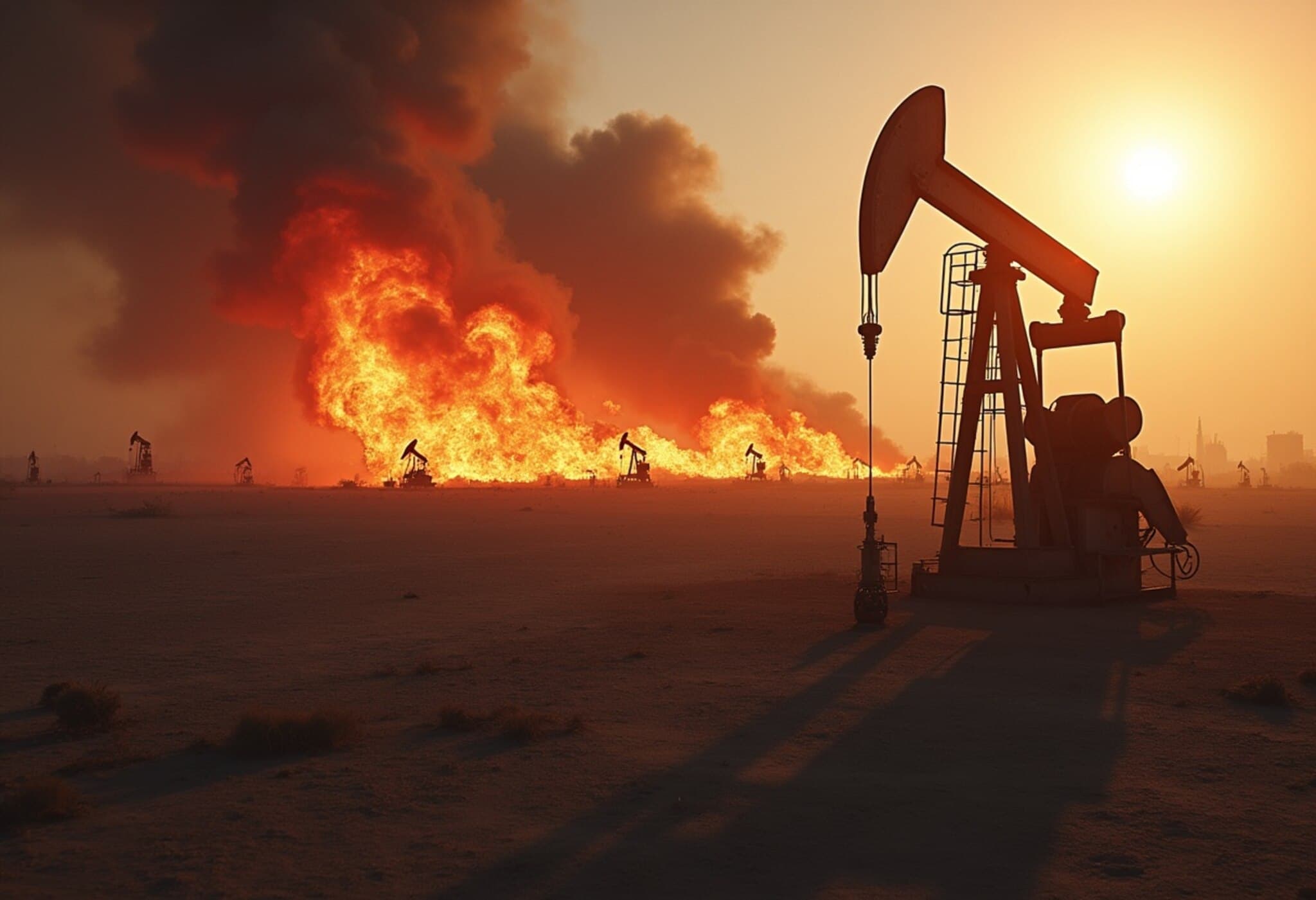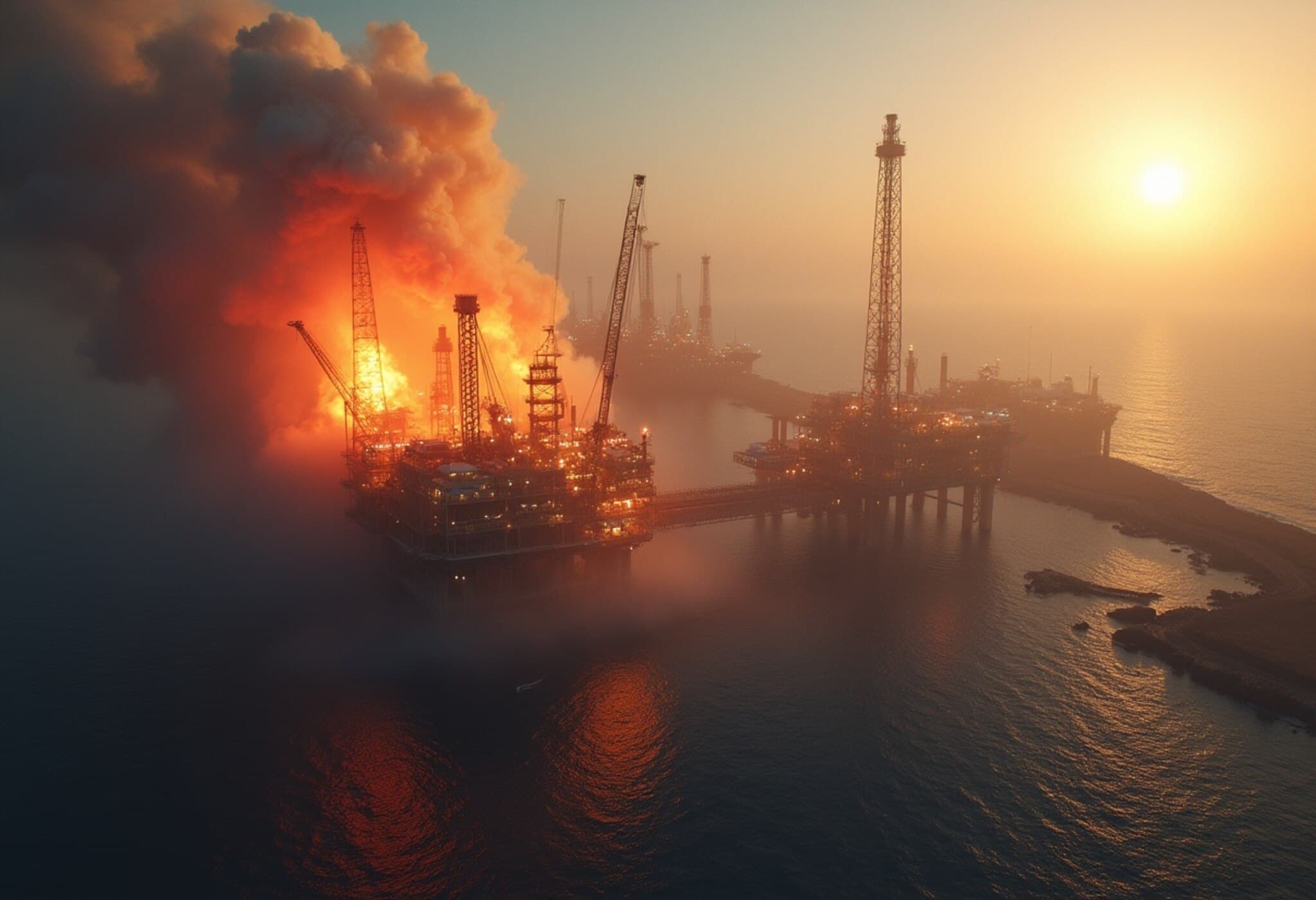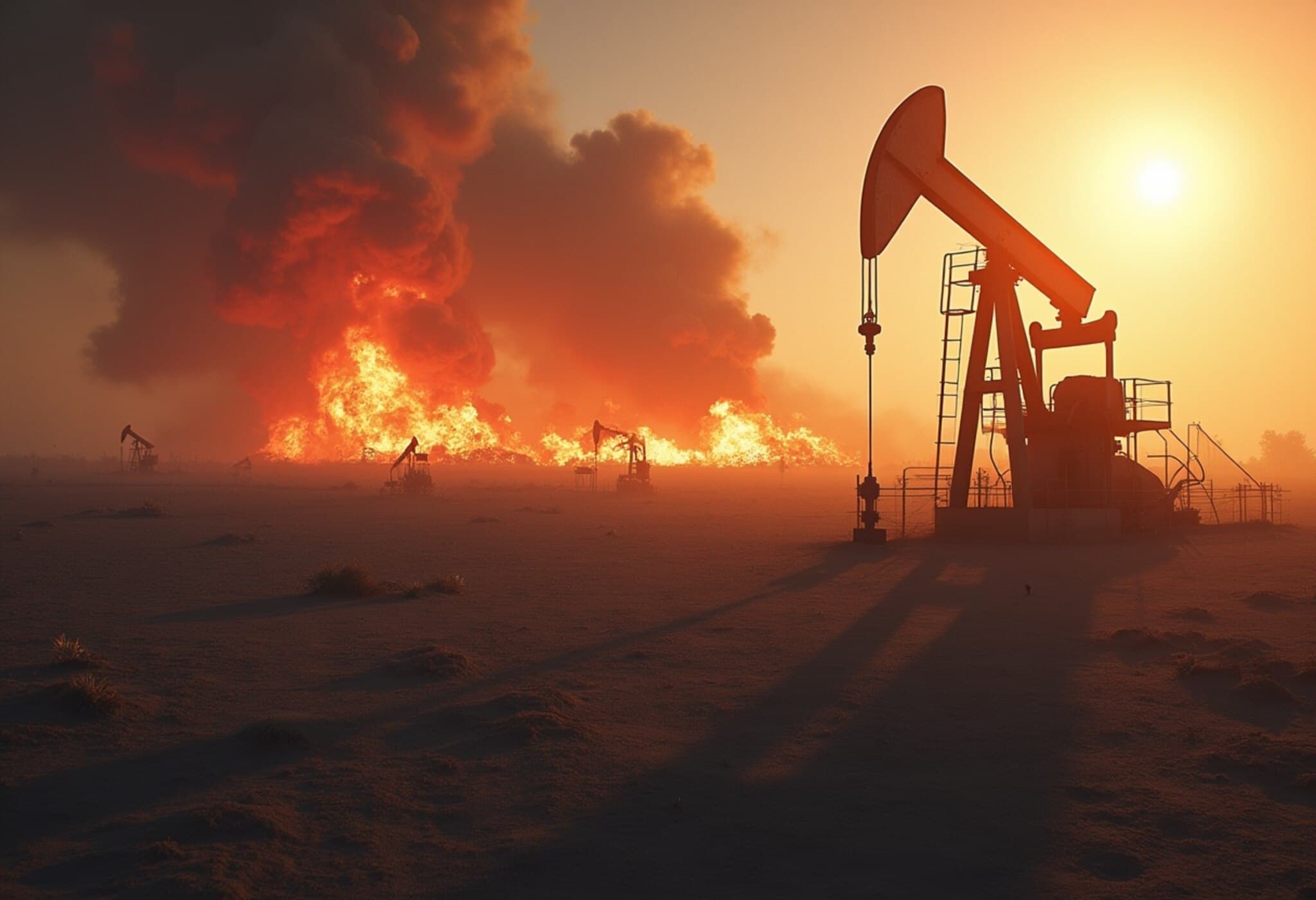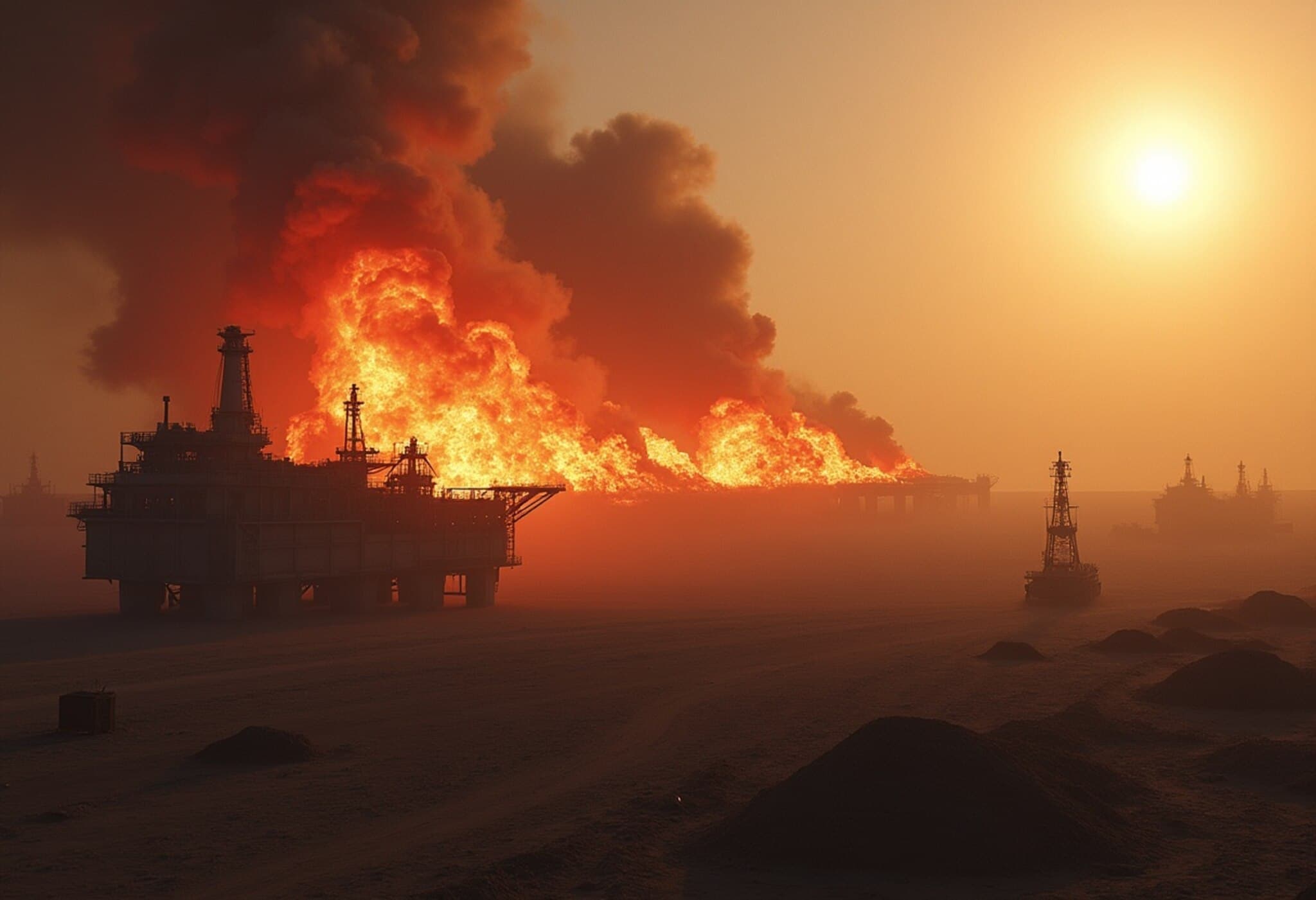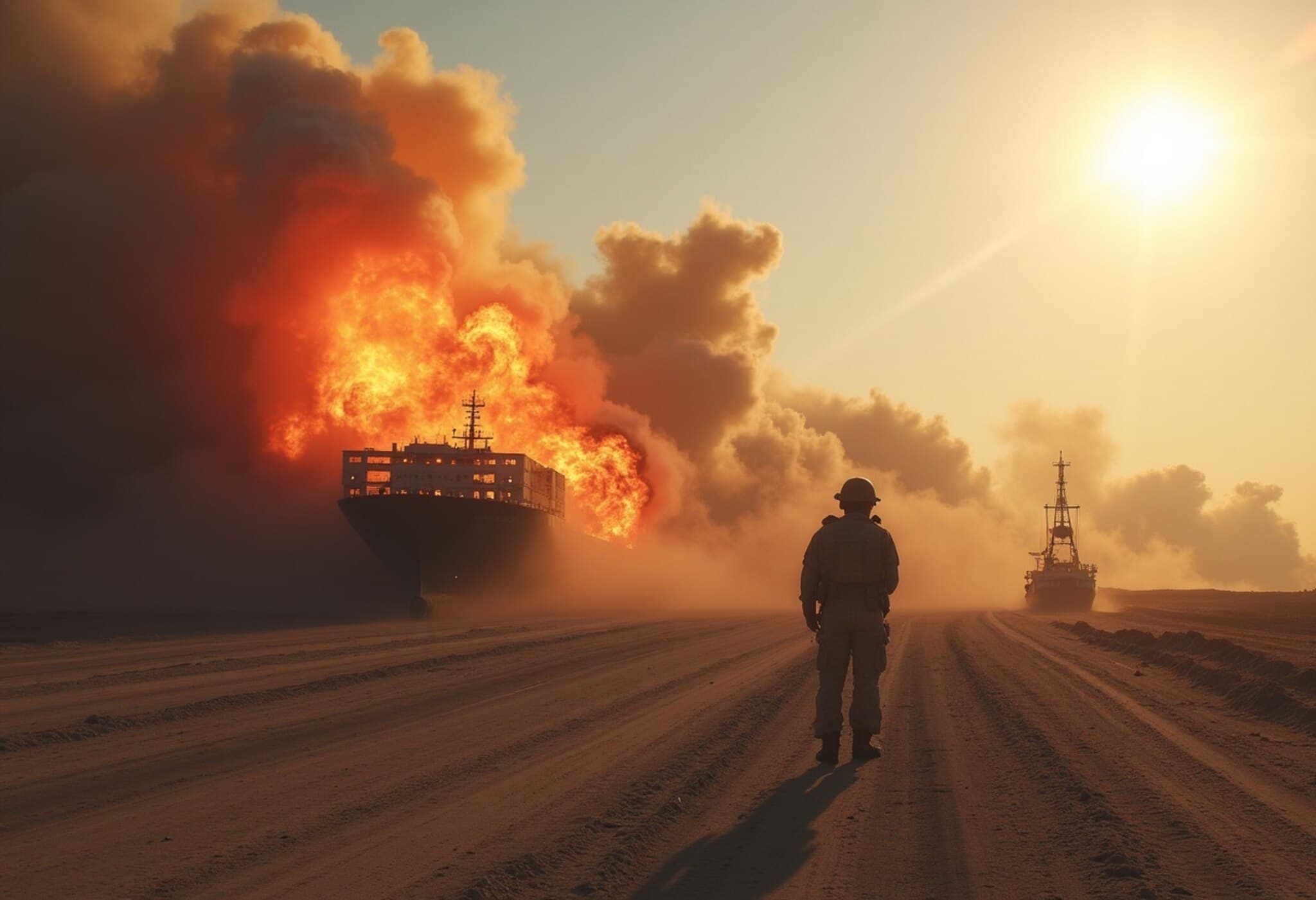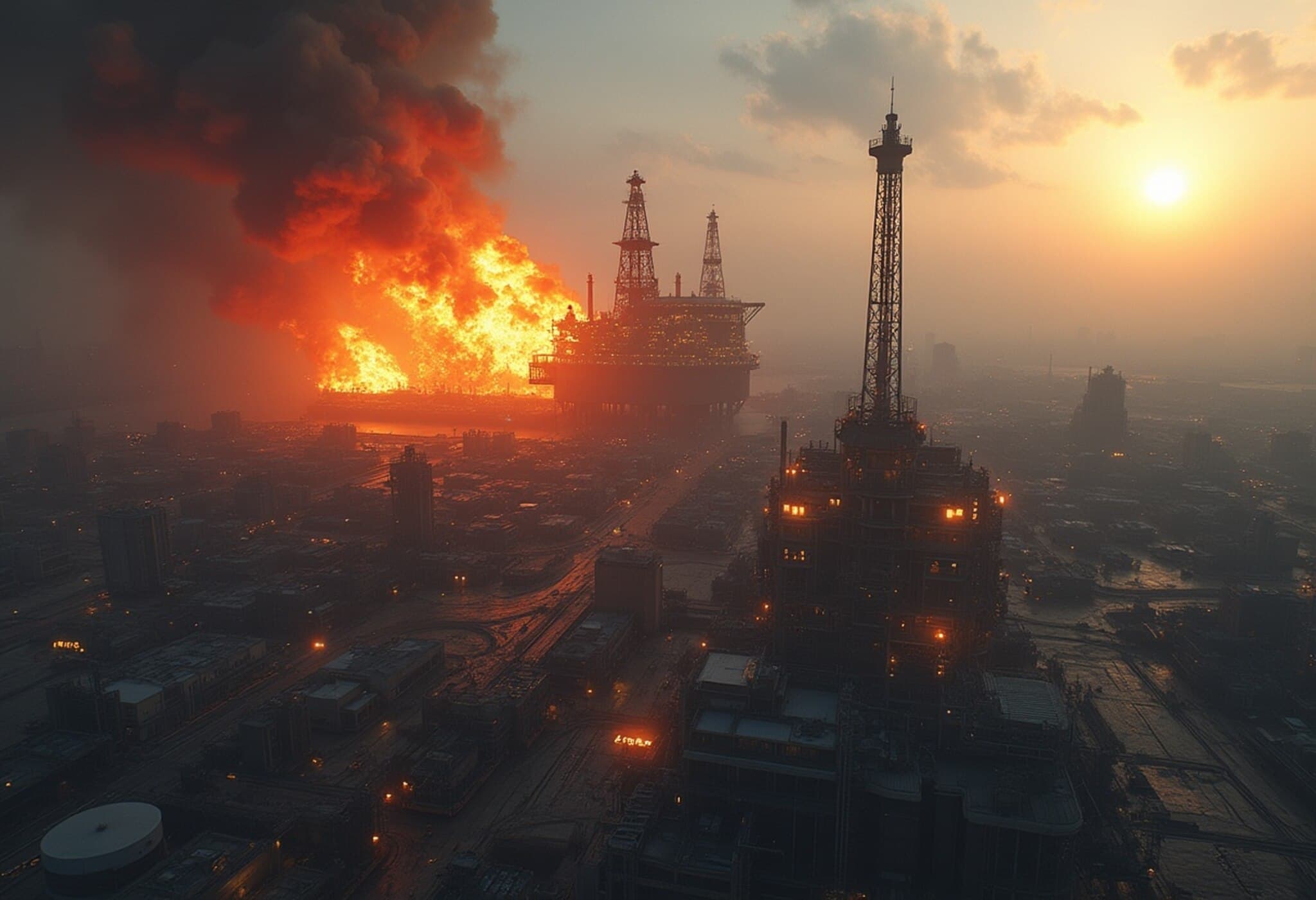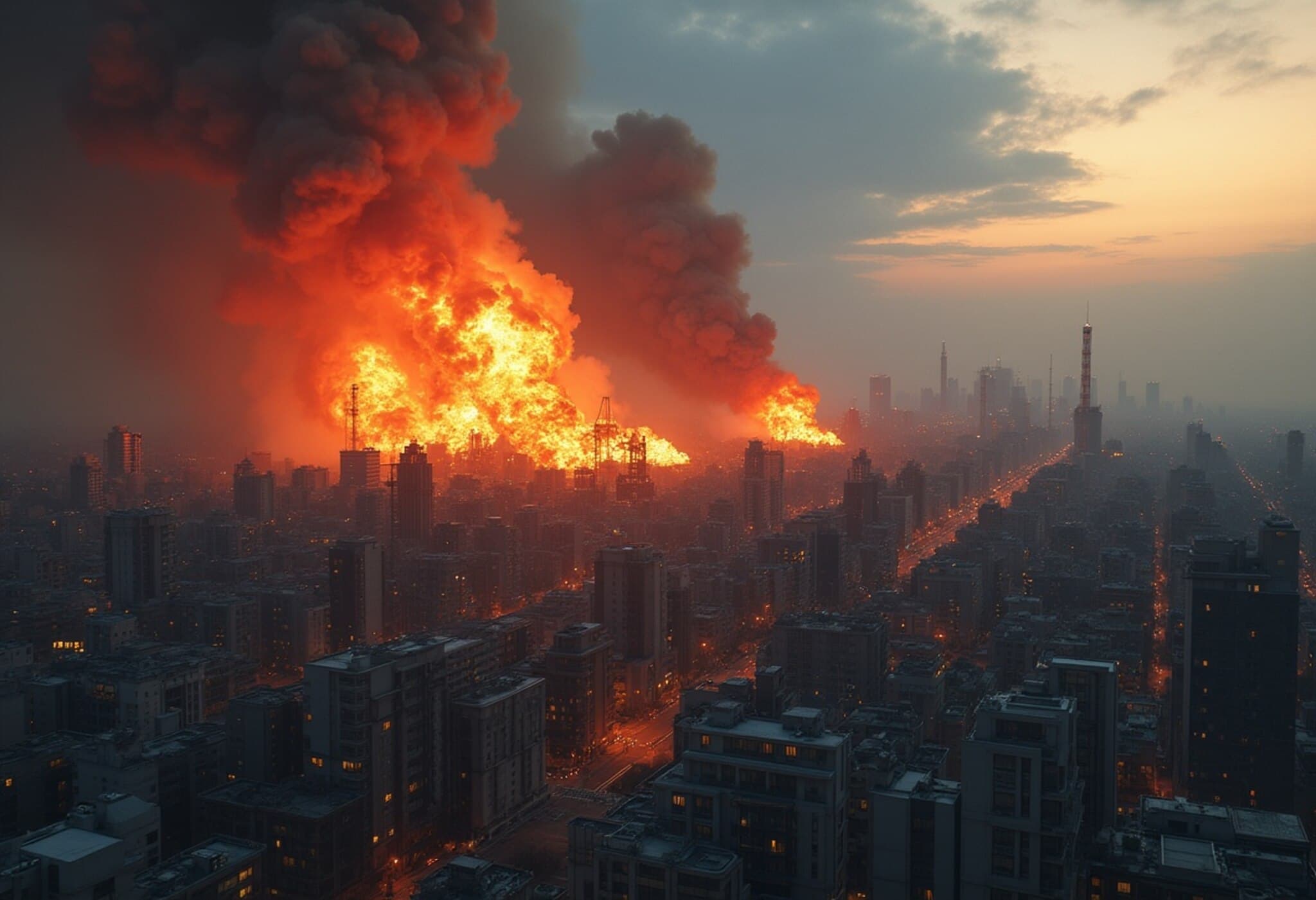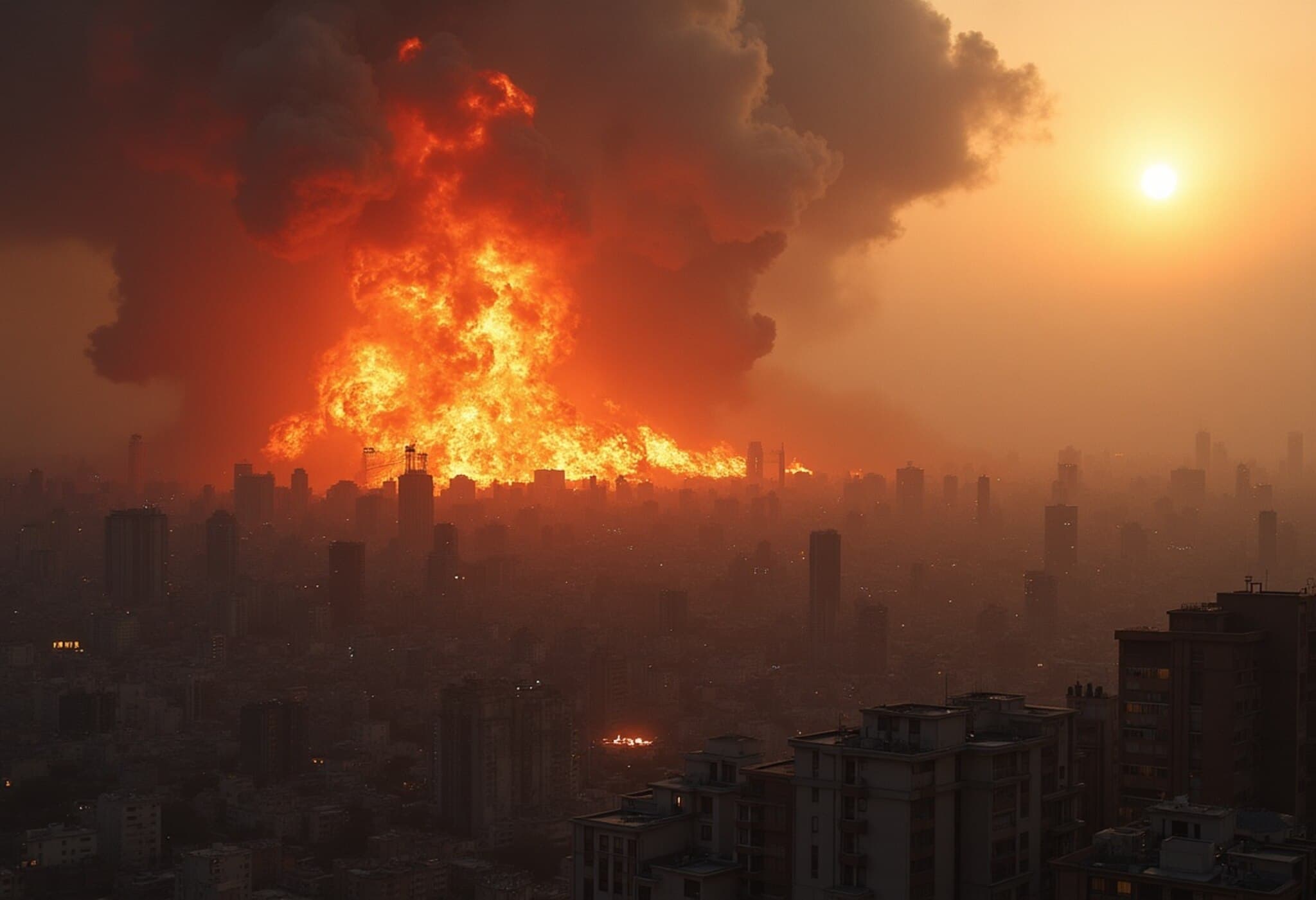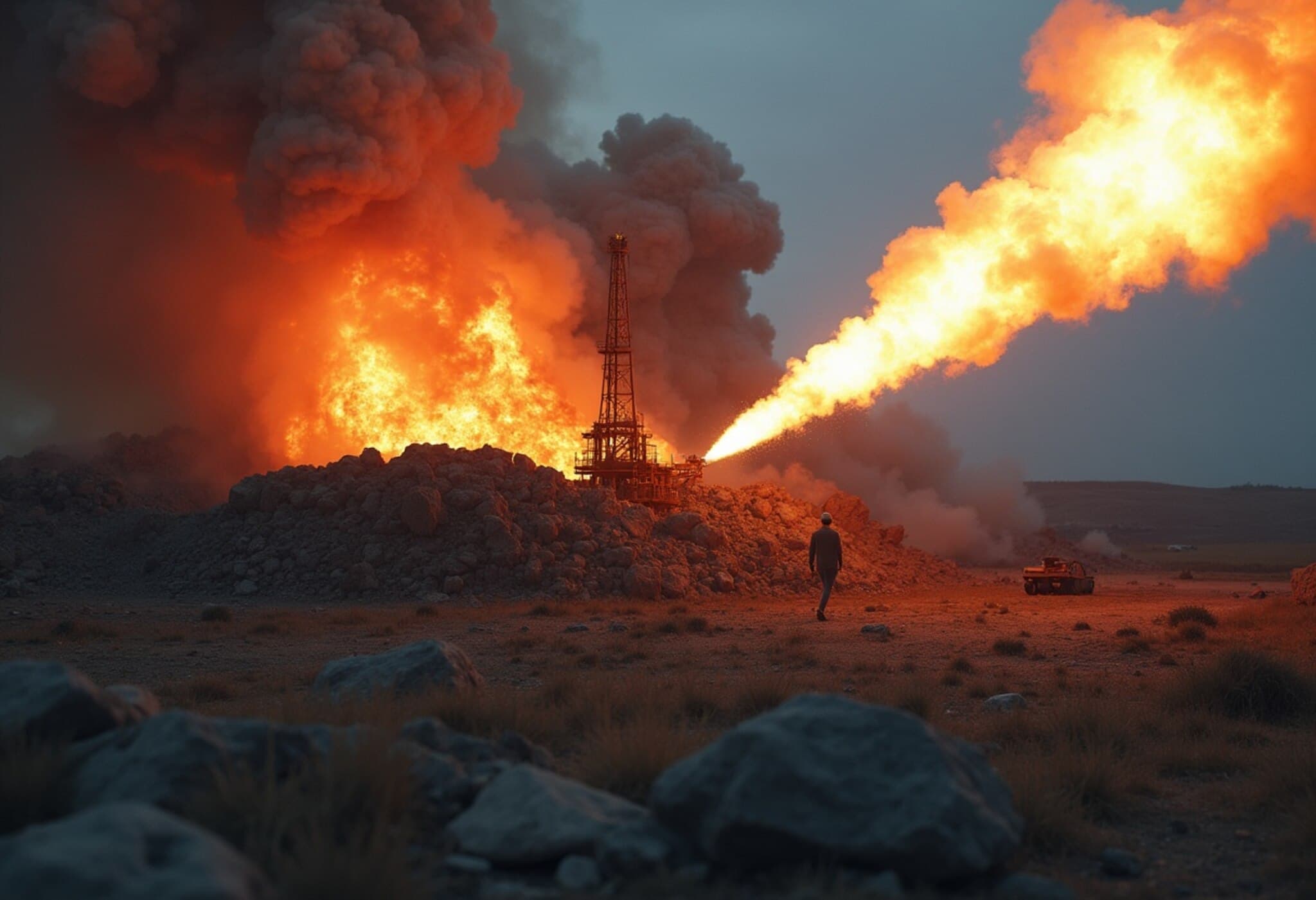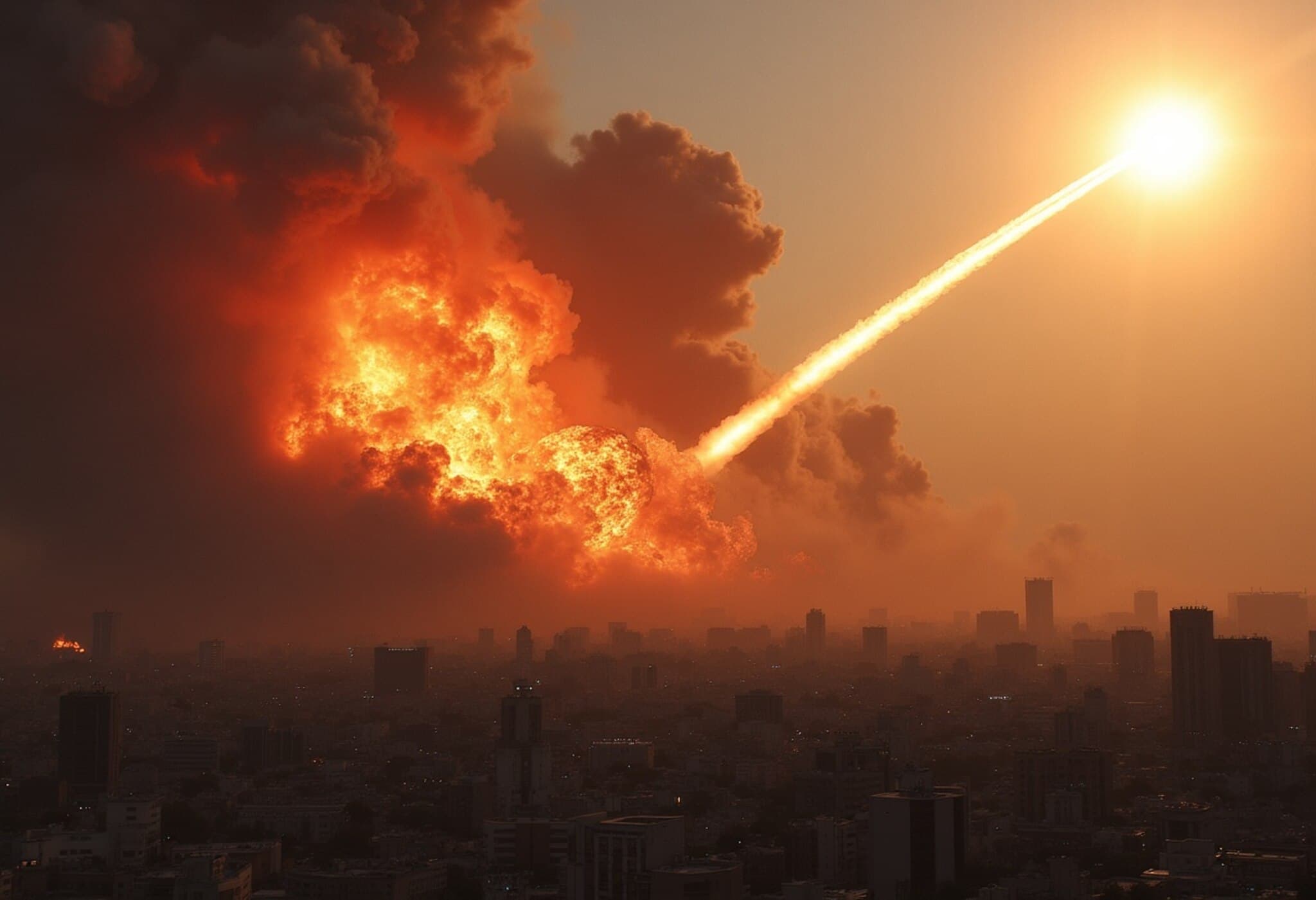Oil Prices Jump as U.S.-Iran Fallout Intensifies
Crude oil futures soared by more than 4% Wednesday following escalating tensions between the United States and Iran. The surge reflects growing geopolitical uncertainty, with President Donald Trump expressing skepticism about the prospects of a nuclear deal between the two nations.
Market Reaction: Sharp Gains in Crude
U.S. crude futures climbed 4.3%, adding $2.90 to finish at $69.77 per barrel. Meanwhile, Brent crude increased 4.9%, or $3.17, settling at $68.15 per barrel. The rally underscores investors’ concerns over potential supply disruptions amid heightened conflict risks.
Escalating Security Concerns in the Middle East
The United States is preparing a partial evacuation of its embassy staff in Iraq amidst rising security threats. The U.S. military has authorized the voluntary departure of troops' family members from the Middle East in response to increasing tensions with Iran.
Adding to the unease, a Royal Navy intelligence unit monitoring commercial maritime activity has issued warnings about the potential escalation of military actions in the region.
Trump Voices Doubts Over Nuclear Deal Prospects
President Trump shared in a recent interview that he is losing confidence in reaching a nuclear agreement with Iran. He noted that Iran appears to be stalling the process and expressed disappointment over the delay.
“I’m less confident now than I was a couple of months ago,” Trump said. “It would be nicer to avoid warfare and loss of life, but I don’t see much enthusiasm on their part to make a deal.”
Despite skepticism, Trump affirmed that Iran would not be allowed to acquire nuclear weapons, although he acknowledged the difficulty in negotiating without conflict.
Iran Threatens U.S. Military Presence
On the other side, Iran’s defense minister emphasized Tehran’s capability to target American military bases in the region. Brigadier General Aziz Nasirzadeh warned that U.S. installations are within striking distance, signaling a stern message of deterrence.
What This Means for Global Energy Markets
The ongoing tensions are fueling fears of supply interruptions, pushing crude prices upward. Traders and analysts will be closely watching developments to gauge any lasting impact on the energy sector.
Stay updated with the latest developments in the energy markets and geopolitical landscape as the situation unfolds.

